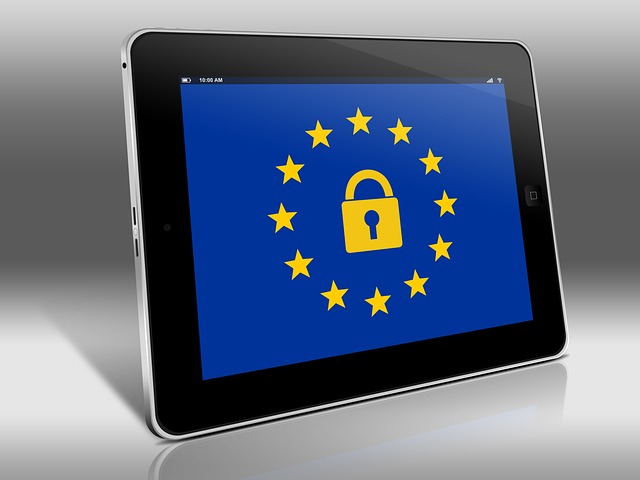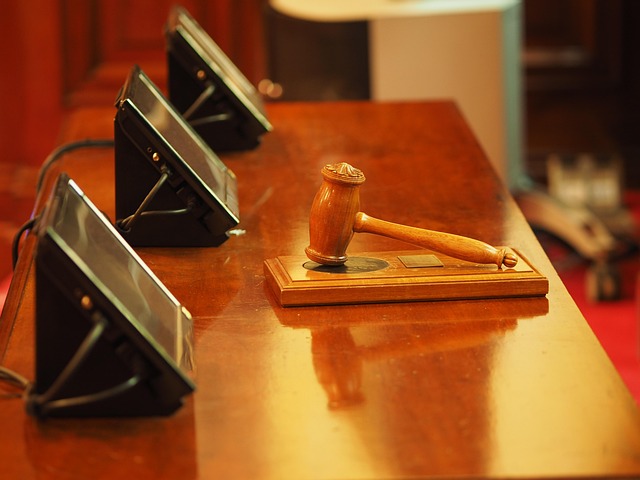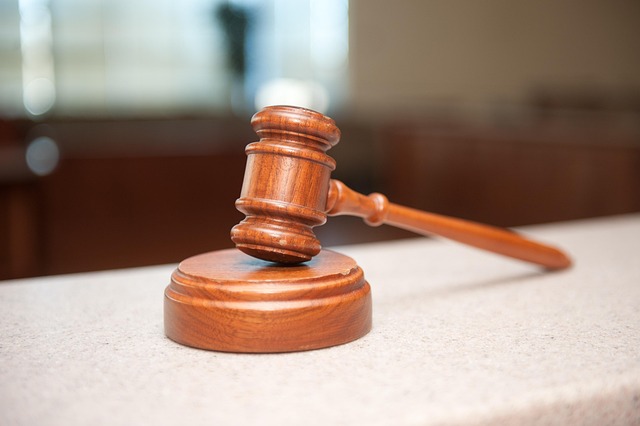Navigating regulatory fraud laws demands a deep understanding of criminal intent, crucial for successful prosecutions. The Understanding Criminal Procedure Law Basics guides investigations and trials, focusing on knowledge and malicious intent in fraud offenses. Regulatory authorities enforce these laws across sectors, gathering evidence and ensuring fairness. Lawyers play a vital role, balancing legal procedures and constitutional rights to secure justice via strategic defenses against severe penalties.
Navigating regulatory fraud laws requires a deep understanding of criminal procedure law basics. This comprehensive guide delves into key aspects, including defining fraud offenses and their criminal intent, exploring the role and jurisdiction of regulatory authorities, understanding legal evidence collection procedures, and examining penalties and defense strategies. By familiarizing yourself with these fundamentals, you’ll gain valuable insights into managing and mitigating potential regulatory fraud charges.
- Fraud Offenses: Defining Criminal Intent
- Regulatory Authorities: Role & Jurisdiction
- Evidence Collection: Legal Procedures
- Penalties & Defense Strategies
Fraud Offenses: Defining Criminal Intent

In the realm of regulatory fraud laws, understanding criminal intent is a cornerstone of any investigation and subsequent prosecution. Fraud offenses encompass a wide range of activities, from financial manipulation to false representations, all of which require a deliberate and intentional act to deceive. The Understanding Criminal Procedure Law Basics dictates that prosecutors must prove beyond a reasonable doubt the accused’s knowledge and purpose to defraud. This involves examining the circumstances surrounding the alleged offense and any evidence that demonstrates a “bad faith” or malicious intent on the part of the defendant.
While each respective business has its own set of regulations and compliance standards, fraud laws are designed to hold individuals accountable for their actions when they deviate from these rules. High-stakes cases often involve complex financial schemes or large-scale misrepresentations that can have significant impacts on investors, consumers, and even the broader economy. In such scenarios, jury trials play a crucial role in determining guilt or innocence, as jurors must carefully analyze evidence to discern whether criminal intent was present.
Regulatory Authorities: Role & Jurisdiction

Regulatory authorities play a pivotal role in ensuring compliance with laws and regulations across various sectors. Their jurisdiction spans a wide range of industries, from finance and healthcare to telecommunications and environmental protection. These bodies are tasked with investigating potential fraud, enforcing regulatory standards, and meting out penalties for non-compliance. Understanding their functions is crucial when navigating the criminal procedure law basics, especially for those facing white collar charges.
The power to investigate and prosecute fraud cases varies across jurisdictions, but generally, these authorities have the mandate to gather evidence, issue subpoenas, and conduct interviews. They work to uncover fraudulent activities by analyzing financial records, reviewing internal policies, and collaborating with other agencies. The ultimate goal is to achieve a complete dismissal of all charges against individuals or organizations found guilty of regulatory fraud, ensuring fairness and upholding the law across the country.
Evidence Collection: Legal Procedures

In the realm of regulatory fraud laws, understanding criminal procedure law basics is paramount for effective evidence collection. The legal procedures involved in gathering evidence are intricate and tailored to ensure fairness throughout all stages of the investigative and enforcement process. This includes meticulous documentation, witness interviews, and the preservation of digital and physical clues, all while adhering to constitutional rights and due process.
For his clients, navigating these procedures requires a nuanced approach. Lawyers must balance the need for comprehensive evidence collection with the protection of their clients’ rights. Whether it’s through strategic negotiations, plea bargains, or jury trials, the goal is to attain justice while upholding the integrity of the criminal justice system.
Penalties & Defense Strategies

Penalties for regulatory fraud can be severe, often involving substantial fines and potential imprisonment. Understanding criminal procedure law basics is crucial when navigating these cases. The prosecution must prove every element of the offense beyond a reasonable doubt, providing defendants with a robust defense strategy opportunity.
Effective defense strategies in regulatory fraud cases may include challenging the evidence presented, questioning witness credibility, and raising legal arguments that undermine the prosecution’s case. An unprecedented track record of winning challenging defense verdicts highlights successful strategies. Across the country, these tactics have proven instrumental in securing favorable outcomes for those accused, demonstrating the importance of a thorough understanding of both regulatory laws and criminal procedure principles.
Understanding criminal procedure law basics, such as fraud offenses, regulatory authorities, evidence collection, and penalties, is crucial for navigating complex legal landscapes. By familiarizing yourself with these key aspects, you can better comprehend how regulatory fraud laws operate and develop effective defense strategies. Remember that knowledge of these procedures empowers individuals and businesses to protect their rights and ensure fairness in the event of accusations.






